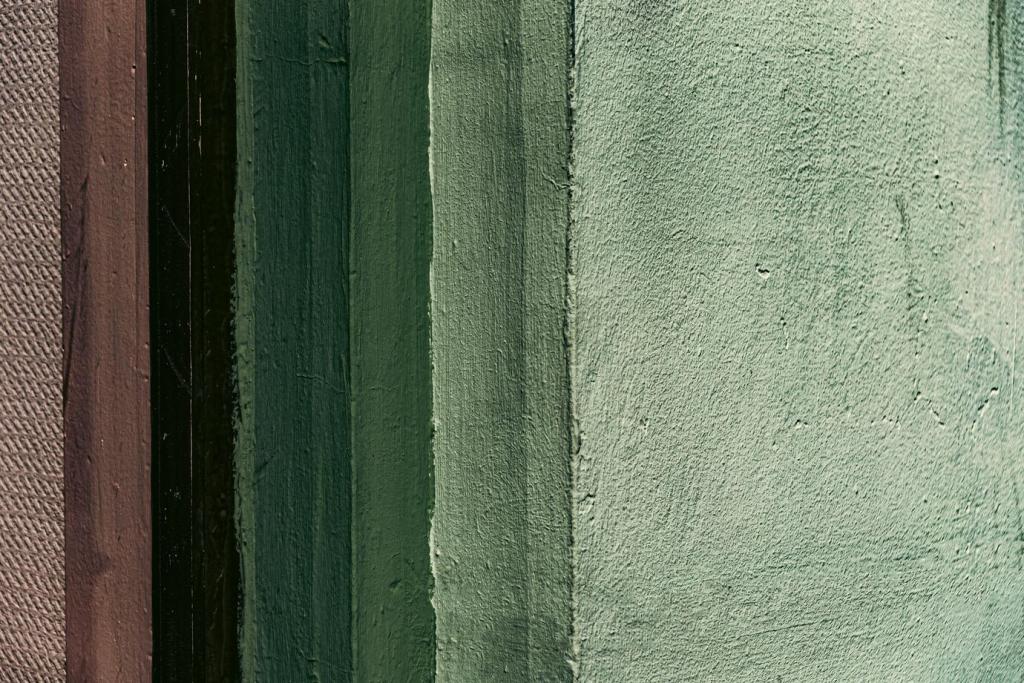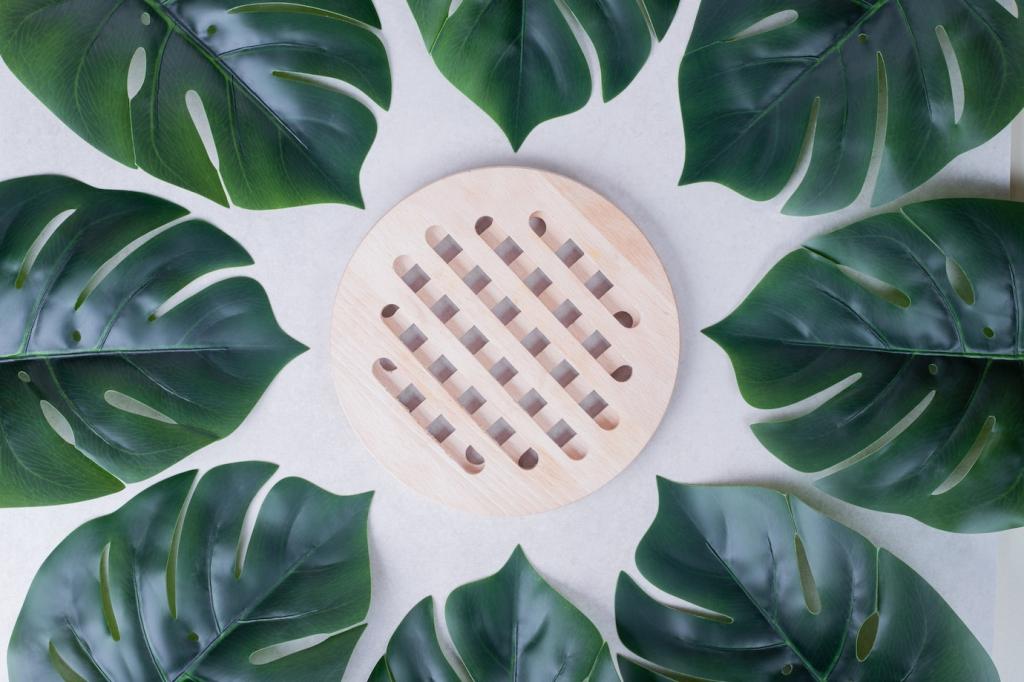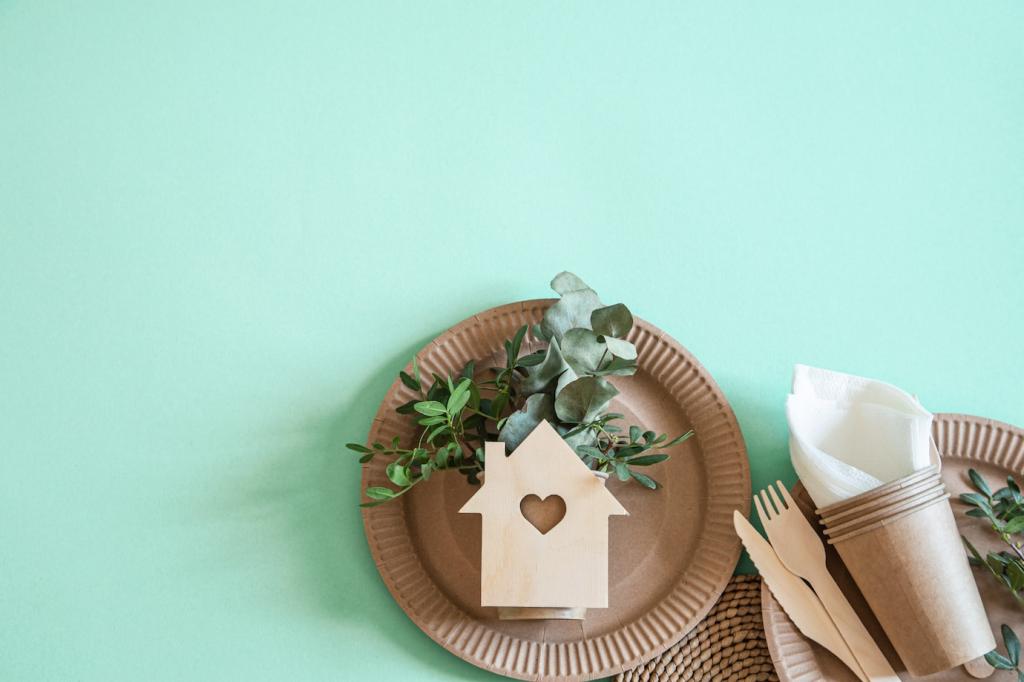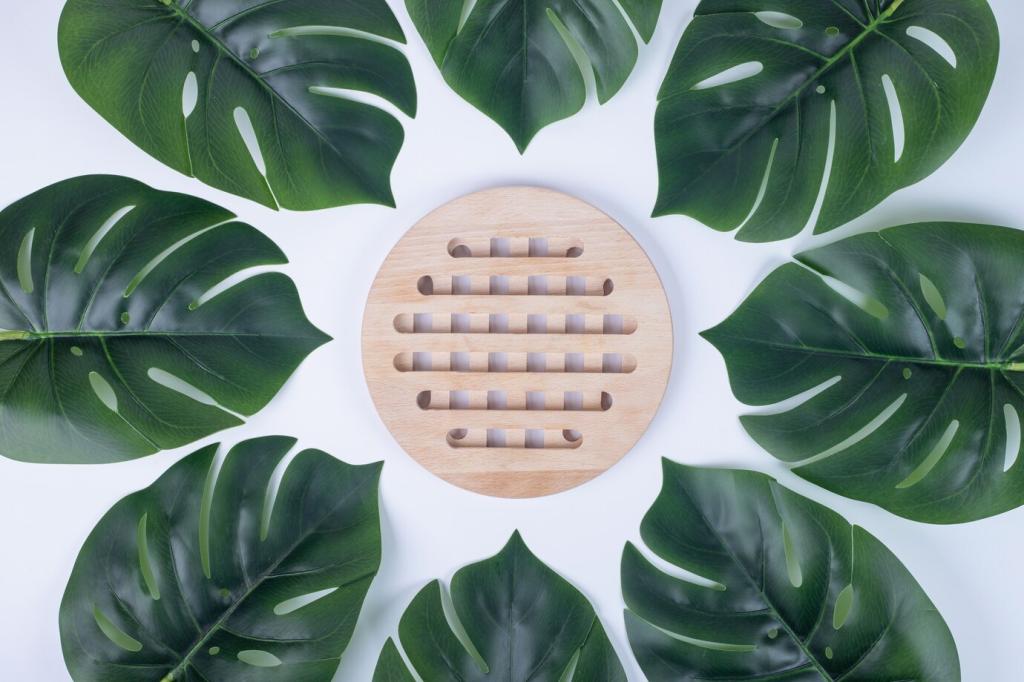Shaping a Greener Home: Biodegradable Furniture Finishing Products
Today’s theme: Biodegradable Furniture Finishing Products. Discover how planet-kind finishes can protect wood, brighten rooms, and nourish healthier living—without leaving a toxic trace behind. Join our community and be part of the change.

What Makes a Finish Biodegradable?
01
Plant-Based Resins and Natural Oils
Biodegradable furniture finishing products often rely on linseed, tung, or hemp oils, plant resins, and citrus terpenes. These renewable ingredients break down into harmless components, returning safely to natural cycles when properly handled.
02
How Decomposition Actually Works
Microorganisms digest organic binders under the right conditions—oxygen, moisture, and warmth—transforming residues into biomass, water, and carbon dioxide. Responsible disposal and thin, fully cured layers support this gentle return to nature.
03
Certifications and Honest Labels
Look for transparent ingredient lists, third-party eco labels, and VOC disclosures. While standards vary, credible seals and full disclosure indicate that biodegradable furniture finishing products genuinely prioritize environmental performance and human health.
From Workshop to Woodland: A Maker’s Story
Years ago, I knocked over a jar of biodegradable finish at the garden edge. Weeks later, the soil teemed with worms, and seedlings thrived nearby—gentle proof that my choice supported life, not harmed it.
My heirloom table had water rings and a weary glow. Using plant-derived oils, I revived its warmth while keeping indoor air fresh. Each meal now tastes better knowing the finish respects our family’s health.
Neighbors brought scratched chairs and tired shelves. We shared biodegradable furniture finishing products, swapped tips, and left with revived pieces. More importantly, we left with trust that beautiful homes can honor the planet, too.



Prep Like a Pro
Sand progressively to a fine grit, remove dust thoroughly, and wipe with a plant-safe cleaner. Good preparation helps biodegradable furniture finishing products penetrate evenly, setting the stage for a resilient, glowing surface.
Thin Coats, Patient Cures
Apply thin layers with a lint-free cloth or brush, wiping excess after soak-in. Allow generous curing time with airflow. Your reward is a smooth, tactile finish that hardens naturally without heavy synthetic additives.
Temperature, Humidity, and Timing
Aim for moderate temperatures and stable humidity to support curing chemistry. Plan coats when windows can be opened, welcoming fresh air. Safe conditions help the finish settle, harden, and protect with quiet confidence.

Low-VOC Comfort You Can Feel
Biodegradable furniture finishing products typically reduce harsh odors and volatile compounds. Families notice clearer heads and calmer evenings, especially in smaller rooms where traditional solvents once lingered long after projects ended.

Safer for Nurseries and Pets
When cribs, play tables, and pet perches meet natural oils and waxes, you limit exposure to aggressive chemicals. Peace of mind grows as quickly as little hands do, and wagging tails approve the change.
Lifecycle, Disposal, and Circular Habits
Store small amounts in airtight jars, and allow unusable residues to cure before disposal per local rules. Dry oily rags flat to prevent heat buildup, then compost only materials approved by the manufacturer.
Join the Biodegradable Finishing Movement
Post before-and-after photos of projects using biodegradable furniture finishing products. Tell us which oil or wax you chose, why it worked, and what you learned so others can replicate your success.
